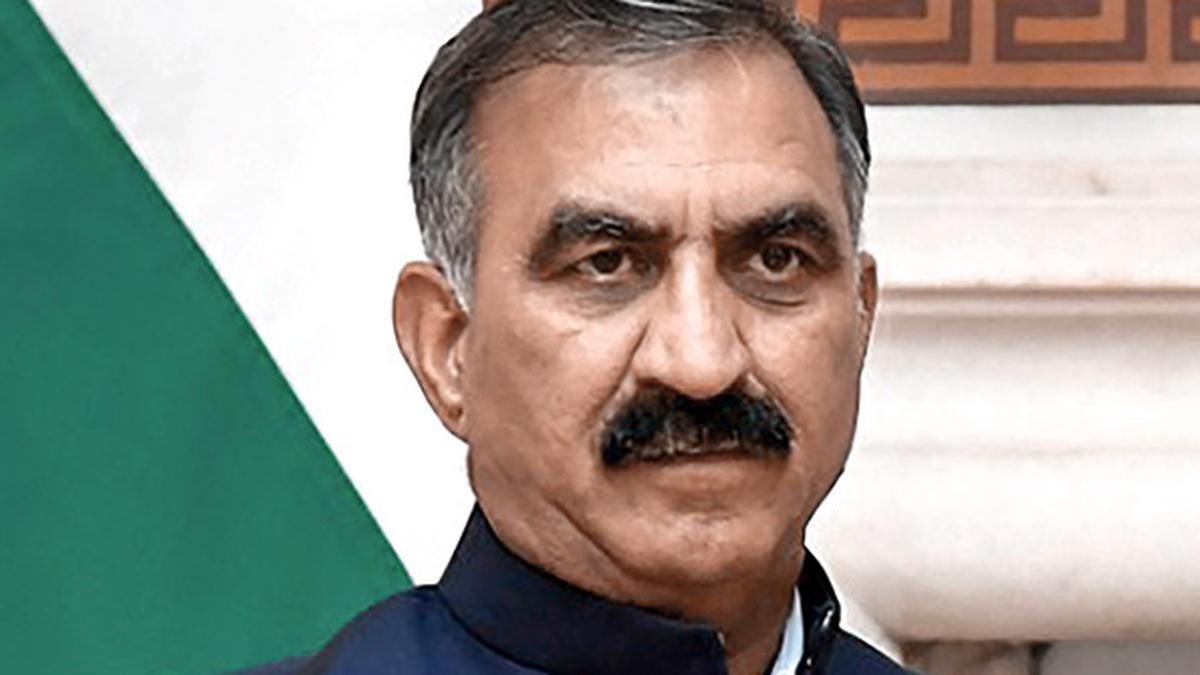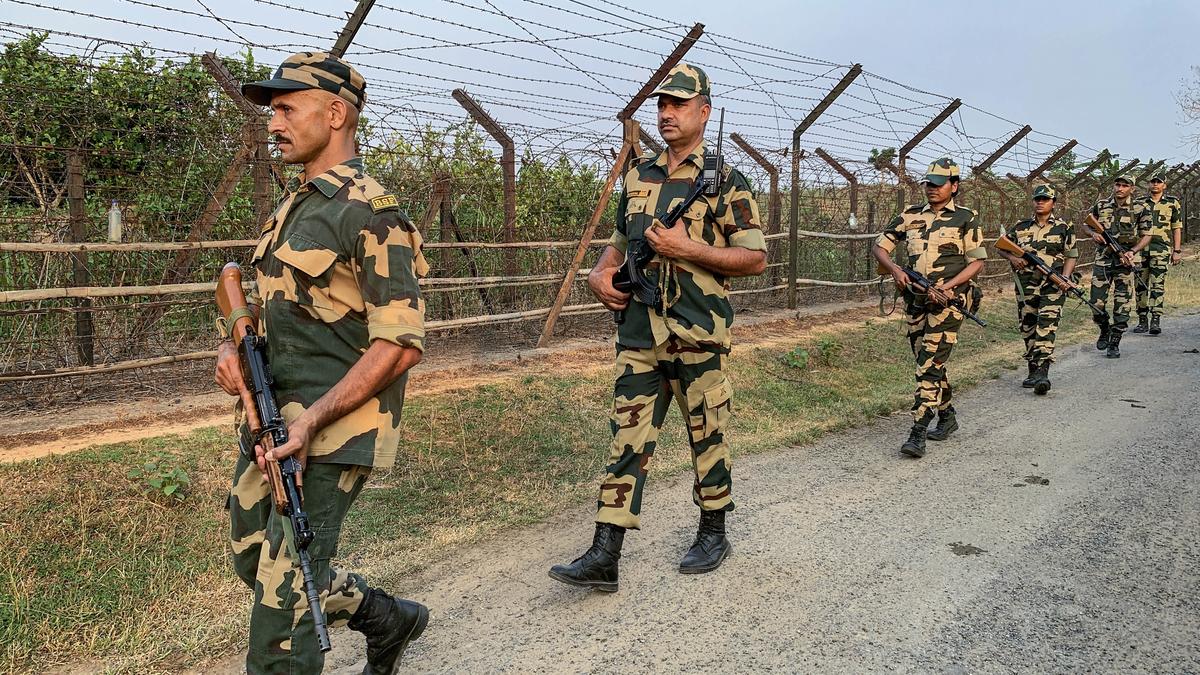Less than 19% of the faculty at the All India Institute of Medical Sciences in Delhi belong to other backward classes (OBCs), as against the mandated OBC reservation of 27%, according to data presented in the Lok Sabha on Wednesday. The situation is worse in a number of other AIIMS across the country, with the institute at Jodhpur having fewer than 9% OBCs.
The data was part of a report presented by a Committee on Welfare of Other Backward Classes constituted by the Parliament, on the measures undertaken to secure representation of OBCs and their welfare at AIIMS.
The report noted that the lack of OBC representation is also prevalent in top management positions and non-faculty positions as well. The Committee observed that there is a considerable backlog of vacancies under the OBC category.
‘Non-availability of candidates’
At AIIMS Delhi, there are 161 OBC faculty out of a total 848, meaning that they constitute 18.98% of the faculty at the premier institute. In AIIMS Jodhpur, the representation of OBCs in 8.91%; in Bhubaneswar, it is 12.83%; at Raipur and Rishikesh, the OBC share in faculty is about 13.7%; and in Bhopal, it is 19.79%. AIIMS Patna has the best record, with 24% OBC faculty.
The Health Ministry had said that the situation is due to non-availability of reserved category candidates for senior faculty positions, such as professor, additional professors and associate professor. Senior faculty posts in super-speciality departments are particularly hard to fill, with offers from corporate hospitals or from foreign institutions holding more attraction than a position at AIIMS.
Centralised recruitment
The Committee acknowledged that efforts are being made to fill the vacancies, but pushed for recruitment in mission mode to hire people for these reserved posts in both the faculty and non-faculty cadre.
“A ‘centralised system’ may also be devised and implemented to fill all the vacant posts in non- faculty cadre as adopted for recruitment of nursing officers through a Nursing Officers Recruitment Common Entrance Test (NORCET) for all AIIMS so that eligible candidates from OBC category can get the opportunities of employment at the earliest and all Institutes can functions to their fullest capacity,” it said.
Currently, there are six fully functional AIIMS, in addition to the main AIIMS in Delhi. Fifteen new AIIMS have been also approved under the Pradhan Mantri Swasthya Suraksha Yojana, and are under various stages of operationalisation.

 4 months ago
67
4 months ago
67




